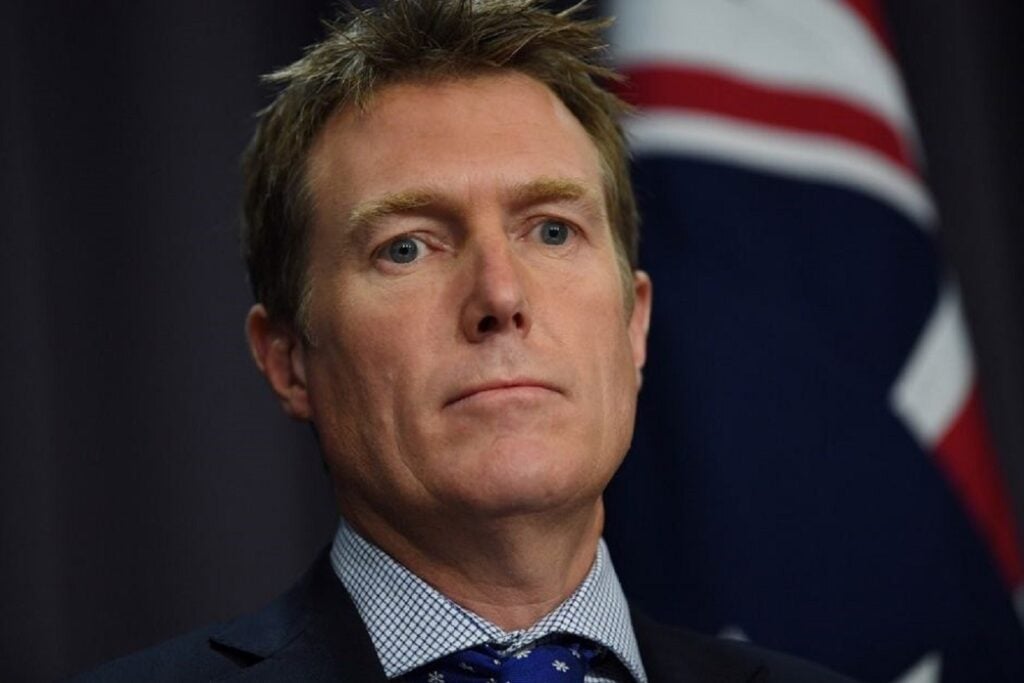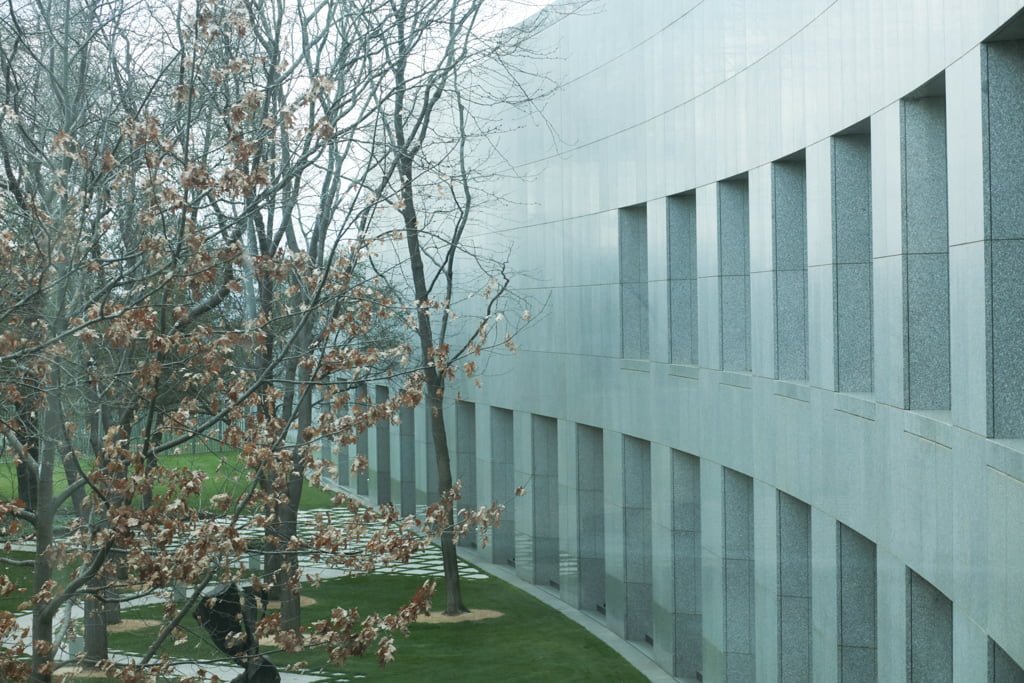If nothing else the accusations of rape against Christian Porter have demonstrated how disastrous it is for the parties involved. There can be no criminal conviction or acquittal in this case, that possibility died with the alleged victim. It can never be determined if Porter is guilty of a crime beyond a reasonable doubt, and so it’s a stalemate.
Porter’s position as Attorney General is unique among government ministers.
However, this fact remains: he is the attorney-general, the first law officer of the Commonwealth, a cabinet minister, and member of the Executive Council which advises the Queen through her agent the governor-general. He has access to the highest level of classified information and participates in the decisions made by the most powerful ruling body in the country.
He literally makes laws and he oversees the entire legal profession including the courts, the bar, and my own branch, solicitors. In some respects his role is one of a higher public trust than that of the prime minister.
Michael Bradley, Crikey
The question the country is now grappling with is whether Porter can continue to hold this office under the circumstances as they present themselves. Is he a fit and proper person to hold this position in our government? Porter is a public servant, holding enormous power and responsibility, and is afforded enormous publicly funded entitlements as a consequence.

He must be beyond reproach, and above suspicion.
If Morrison is a leader worthy of that title, he would represent all the interests in this most extraordinary and desperately sad story.
Taking his cue from [Grace] Tame, who speaks for survivors and the many people who love them and want to work with them to make the world better, Morrison would represent the interests of a dead woman who believes she was violated – and the friends who believed her.
Morrison would also represent the interests of his attorney general, who says he is innocent, and would (despite his laboured protestations to the contrary) be benefitted by an orderly and transparently fair process where he is able to defend his reputation.
Katharine Murphy, The Guardian
Inquiries of this nature are nothing new; they occur all the time in corporations, police and defence forces, professional sporting clubs and other institutions, when the integrity of an office holder is brought into question. The reason for this is that the integrity of the institution must be upheld.
But Porter has rejected an independent inquiry, arguing that he would be forced to try and disprove something that he insists never occurred. In this he is incorrect; the burden of proof is on those who have brought the allegations, not on Porter as the defendant against them.
In his rejection of an inquiry Porter has now created the trial by media in the court of public opinion he so vehemently argued he was a victim of; he has ensured that these horrific allegations will follow him, unresolved, for the rest of his life.
If he does not stand down and submit to an independent inquiry, he risks permanently damaging the relationship between the Attorney General’s department, the courts, peak legal bodies, and individual legal practitioners, as well as undermining the public’s confidence in the legal system, as Georgia Wilkins has noted, also in Crikey.
If Porter is a true servant of the law, as he has claimed, he owes it to the institutions he serves to ensure that public faith in the justice system is maintained, by clearing his reputation through an independent inquiry that will determine the probabilities of the accusations levelled against him.

